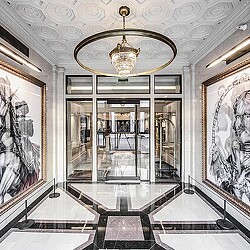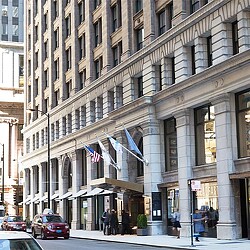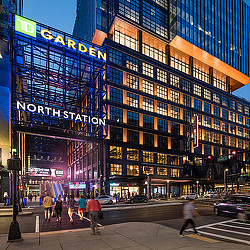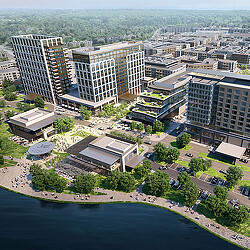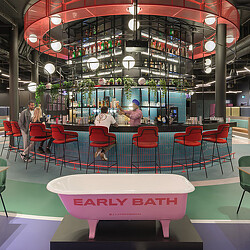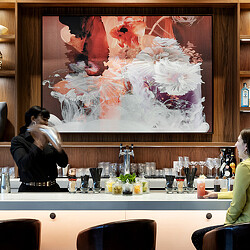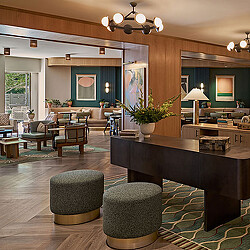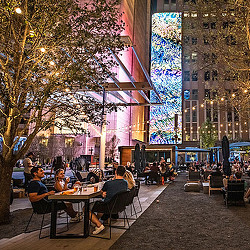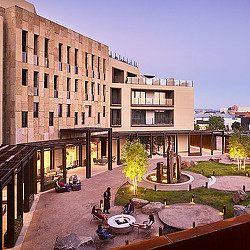The Evolving Role of Hotels in Retail-Driven Mixed-Use Environments
Hotels within mixed-use developments are becoming curated retail destinations and dynamic contributors to a vibrant urban experience.
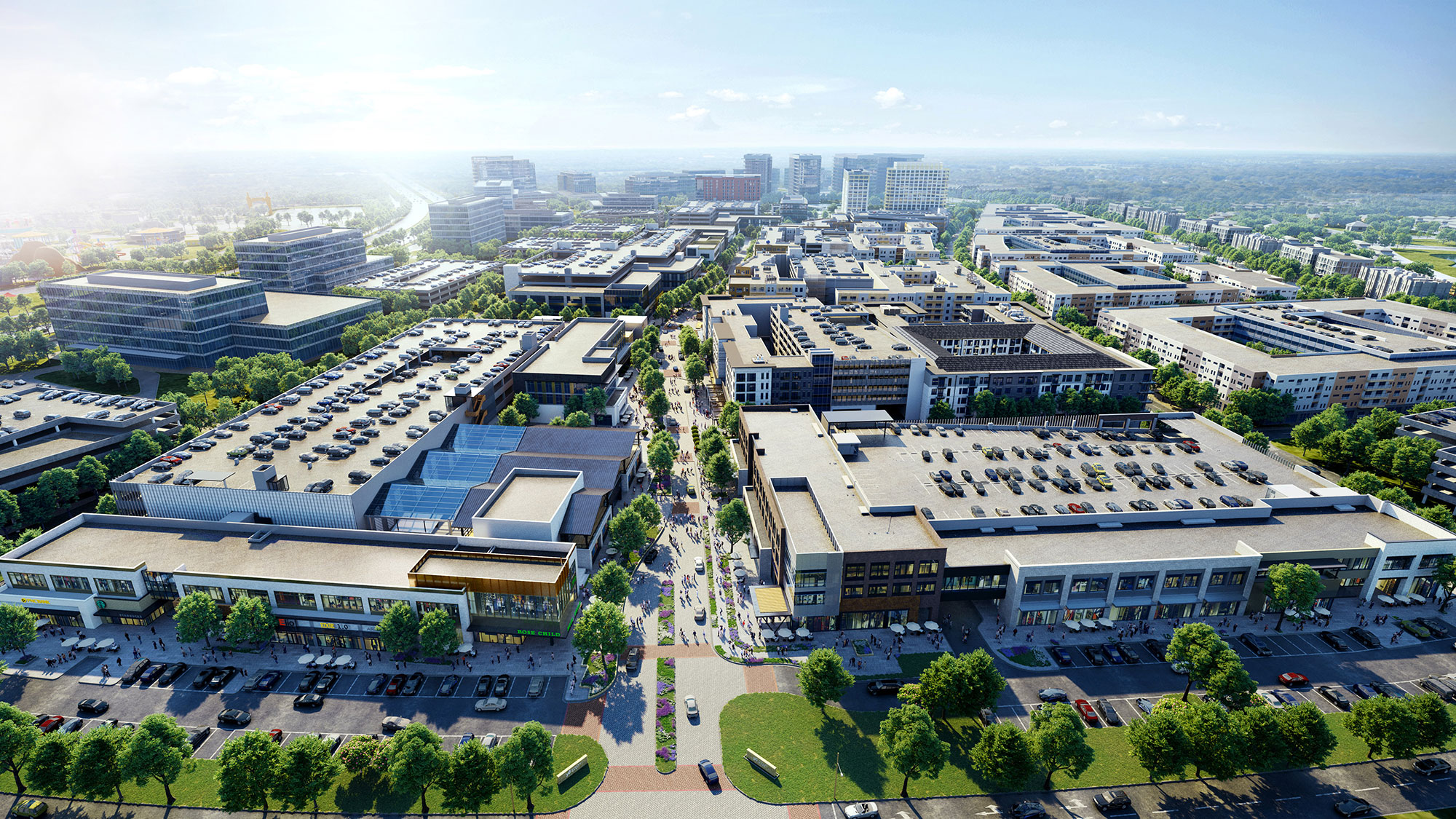
Hotels have long been seen as standalone entities catering primarily to travelers. However, in today’s urban environments, they are increasingly becoming integral parts of retail-driven mixed-use developments.
From integrating retail as an amenity to engaging with the local community and enhancing entertainment experiences, hotels are reshaping the way people interact with other uses around them. As designers, we approach these spaces not just as places of accommodation but as dynamic contributors to a vibrant urban experience.
Retail as an Amenity: Creating Unique and Curated Experiences
Retail within a hotel has evolved beyond the traditional souvenir shop or gift boutique. Today, many hotels incorporate branded retail or specialty food and beverage concepts within their public areas. This enhances the guest experience while also drawing in the local community. A hotel lobby is no longer just a place to check in — it’s an active social space, often featuring a café, bar, or boutique.
Increasingly, hotels are bringing something distinctive to their new locations. They don’t just accommodate; they predict, surprise and delight. Thoughtful hospitality transforms each stay into a bespoke journey, captivating visitors, creating memorable experiences, and elevating revenue.
An example of this trend is the Miyako Hotel in Plano, Texas. This 13-story, 217-key hotel will offer a Japanese bakery as its retail component. This not only serves as an amenity for guests but also introduces a curated and authentic cultural experience to the broader community. By designing this space with a strong connection to its home country’s aesthetics, materials, and branding, we are ensuring that the bakery becomes a destination in itself.
This approach moves beyond simply leasing space to a well-known food and beverage brand. Instead, it focuses on crafting a unique and memorable space — one that resonates with both hotel guests and local visitors. Through thoughtful design, we aim to integrate retail in a way that enhances the hotel’s identity and fosters a sense of place.
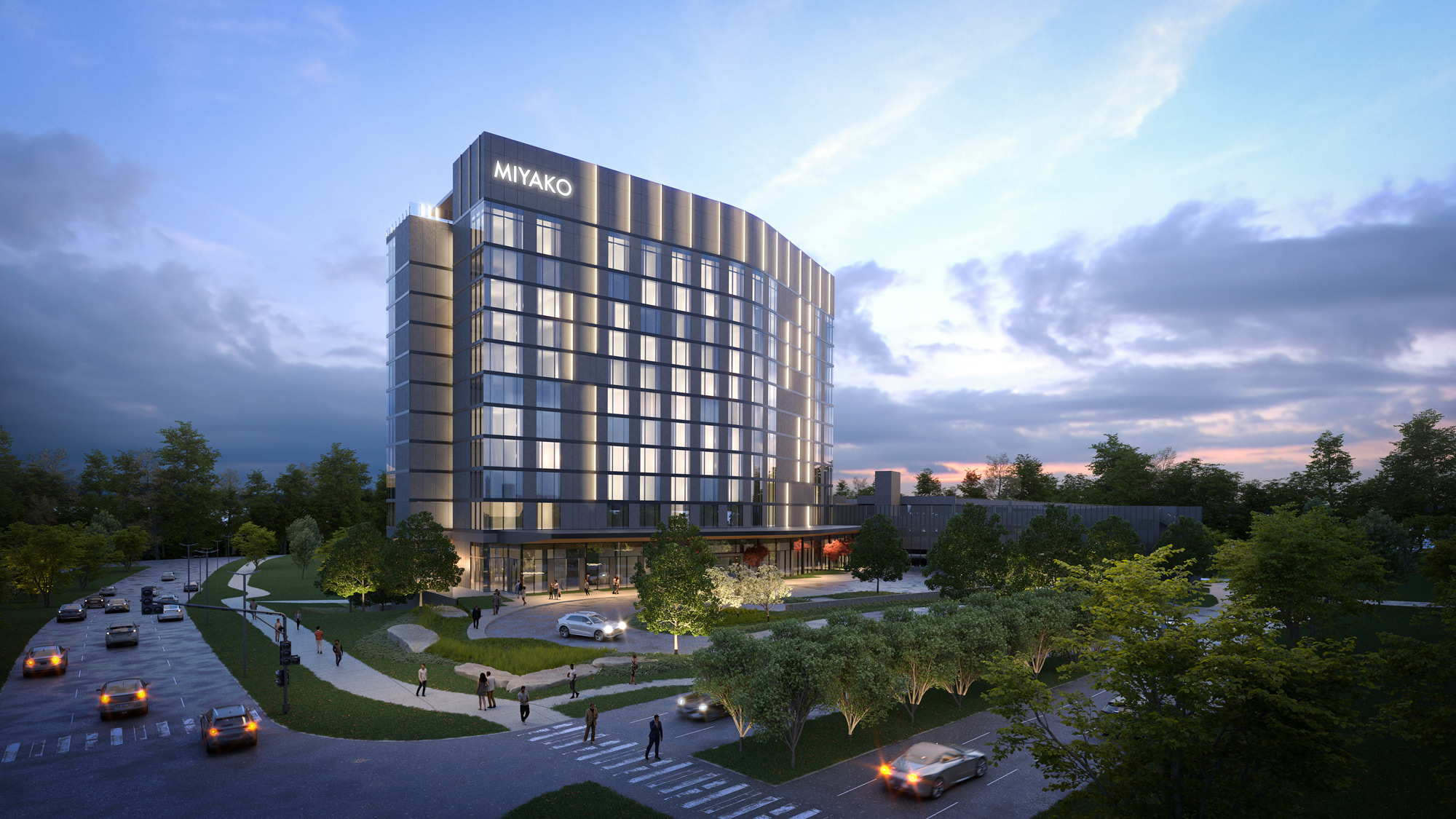
Hotels as Active Contributors to the Community
Hotels are becoming more ingrained in their neighborhoods, actively engaging with their community. This shift is particularly evident in mixed-use developments, where hotels are strategically placed to complement other uses and to generate a more vibrant urban experience.
At Fields North and Fields West in Frisco, Texas, hotels will be strategically positioned to create natural connections with retail corridors, pedestrian zones, and public spaces. The retail base of a hotel can serve as an active frontage, drawing people in and encouraging street-level engagement. This not only benefits the hospitality space but also contributes to the dynamism of the neighborhood, making it feel more welcoming and active.
Beyond physical integration, hotels are also playing a larger role in local economies. They create jobs, attract tourists, and serve as venues for community events. By designing hotels that feel embedded in their surroundings rather than detached from them, we create places that locals feel comfortable visiting, whether it’s for a cup of coffee, a coworking space, to enjoy a meal, or socialize.
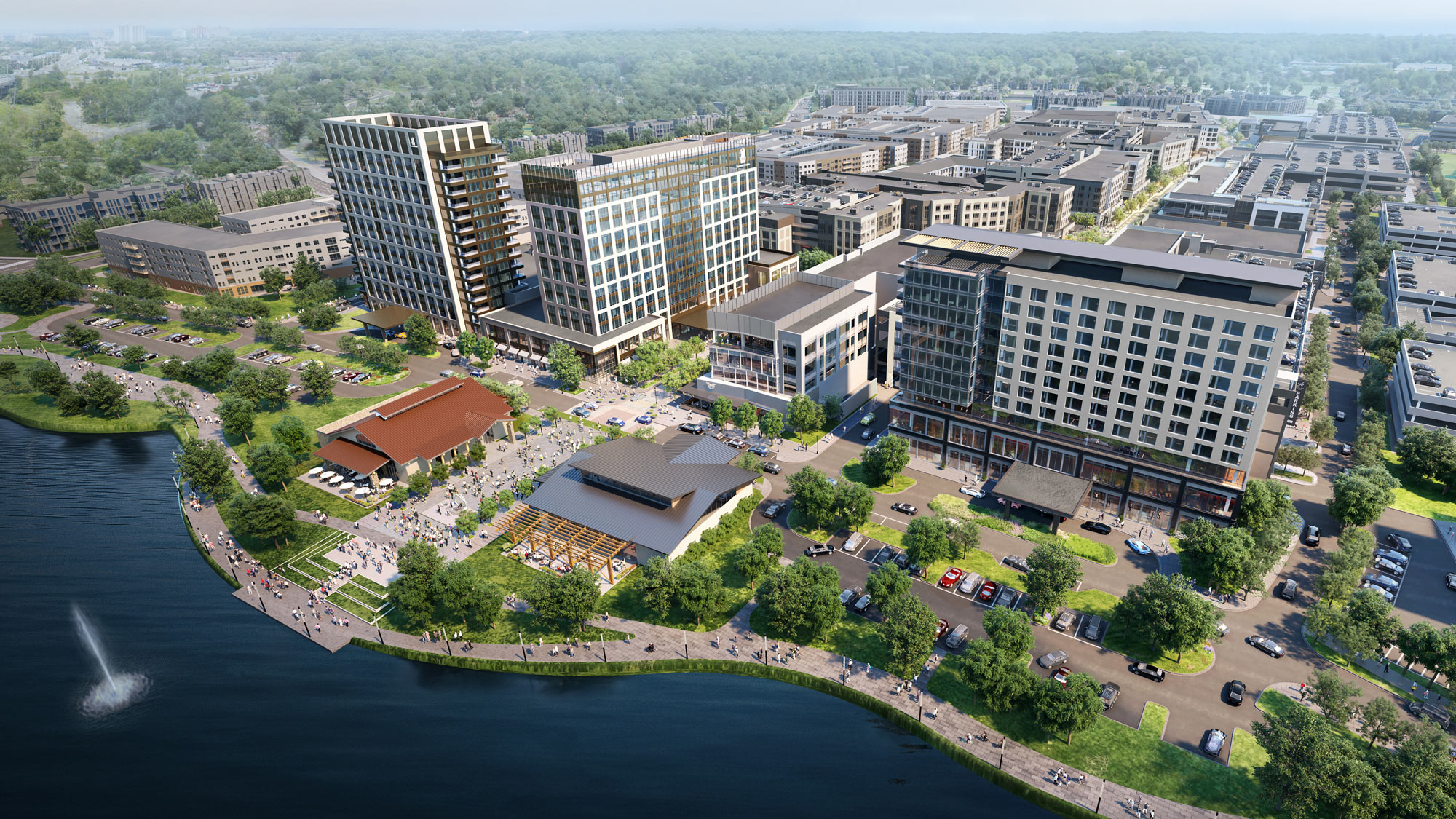
Hotels and Entertainment: Extending the Experience
As travel habits shift, entertainment has become a major driver for hotel development. Research shows that people are spending more on live events, from concerts and sporting events to festivals and theme parks. Hotels near these venues are no longer just places to sleep — they become extensions of the experience itself.
One of our hotel projects exemplifies this concept. The Omni Hotel at the Star in Frisco is strategically located next to the Dallas Cowboys Headquarters and training facility and is designed with the fan experience in mind.
The goal is to create an environment where guests don’t just stay the night but feel immersed in the excitement of an event. The hotel’s public spaces, branding, and amenities reflect the energy of the sports culture, incorporating team colors, memorabilia, and interactive spaces that cater to fans before and after an event.
This approach transforms the hotel into more than just an accommodation; it becomes an essential part of the event-goer’s journey. Whether it’s a pre-game gathering spot, a post-event celebration space, or even a place that offers exclusive fan experiences, the design is centered around creating a seamless and memorable stay that extends beyond the venue.
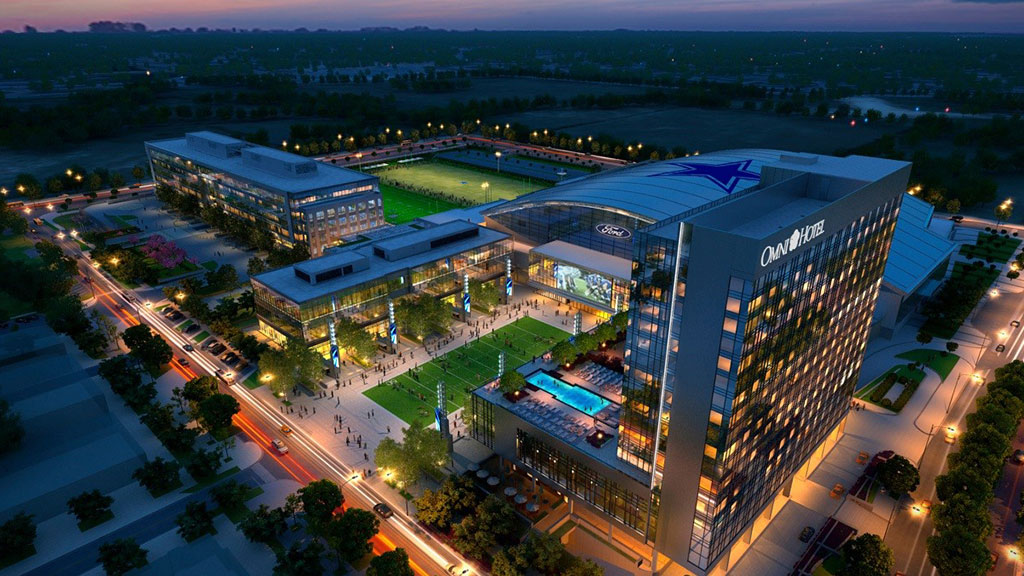
Hotels Enhance the Communities They Call Home
The role of hotels in mixed-use environments is rapidly evolving. No longer just places to stay, they are becoming curated retail destinations, active contributors to their communities, and extensions of entertainment experiences.
We approach our hospitality design with the understanding that these places must not only serve their guests but also engage with their surroundings in meaningful ways. By integrating thoughtful retail, fostering community connections, and enhancing entertainment-driven stays, we create destinations and places that are dynamic and essential parts of the communities they serve.
For media inquiries, email .

